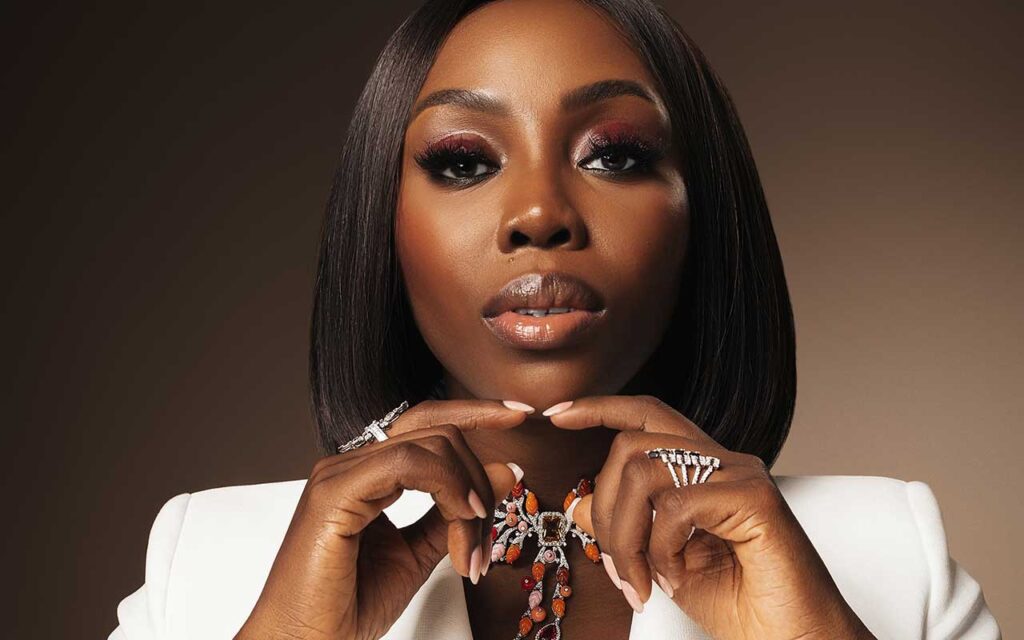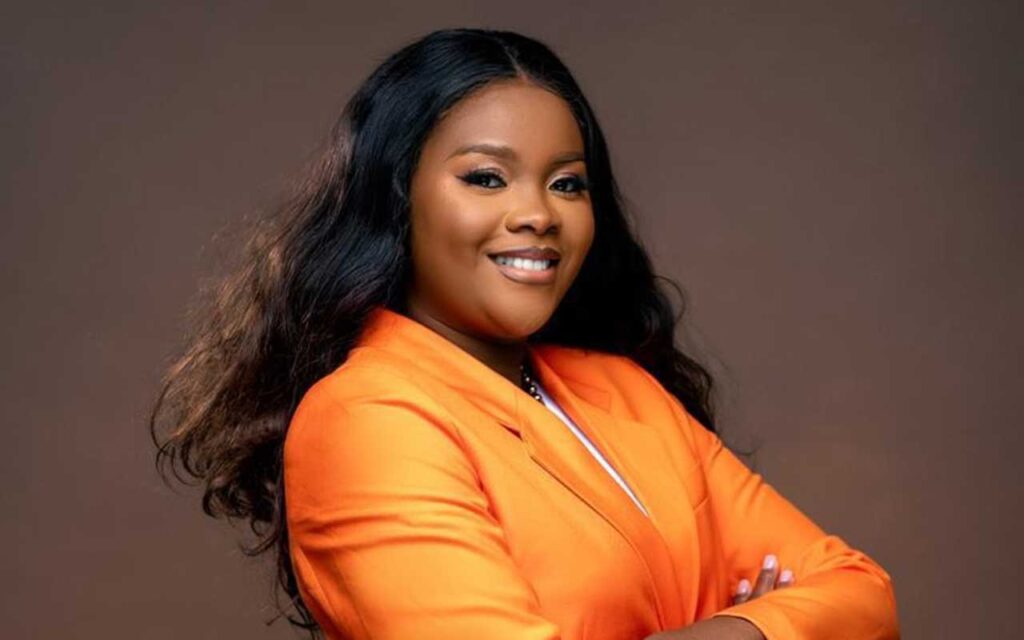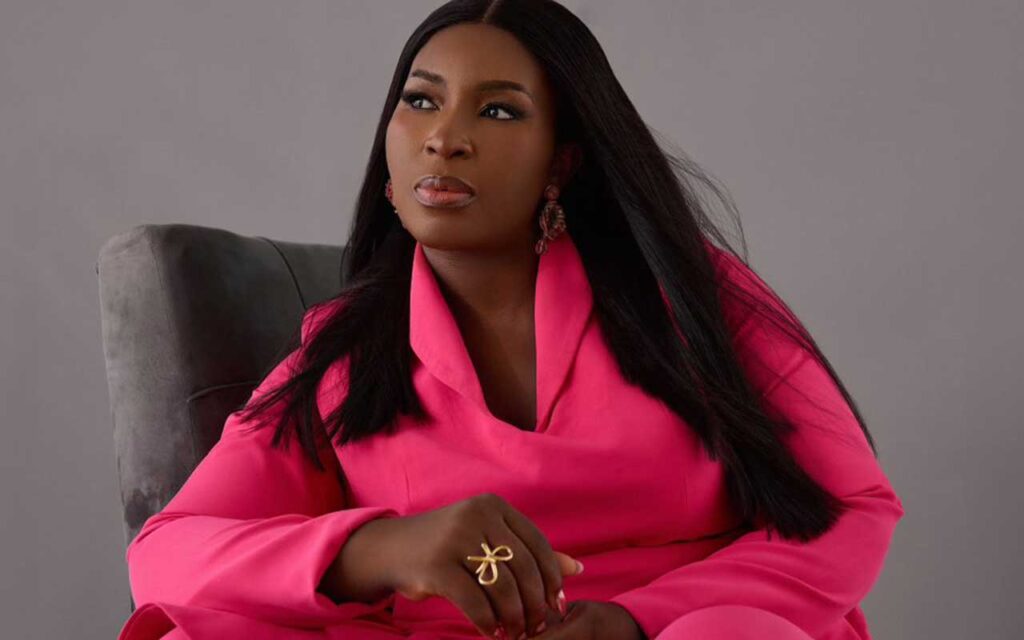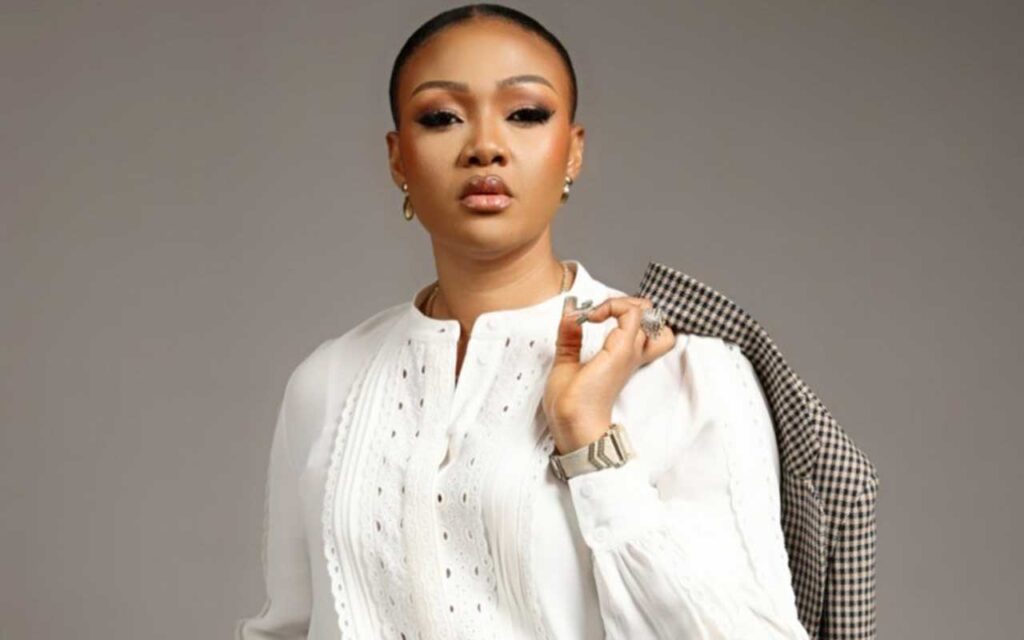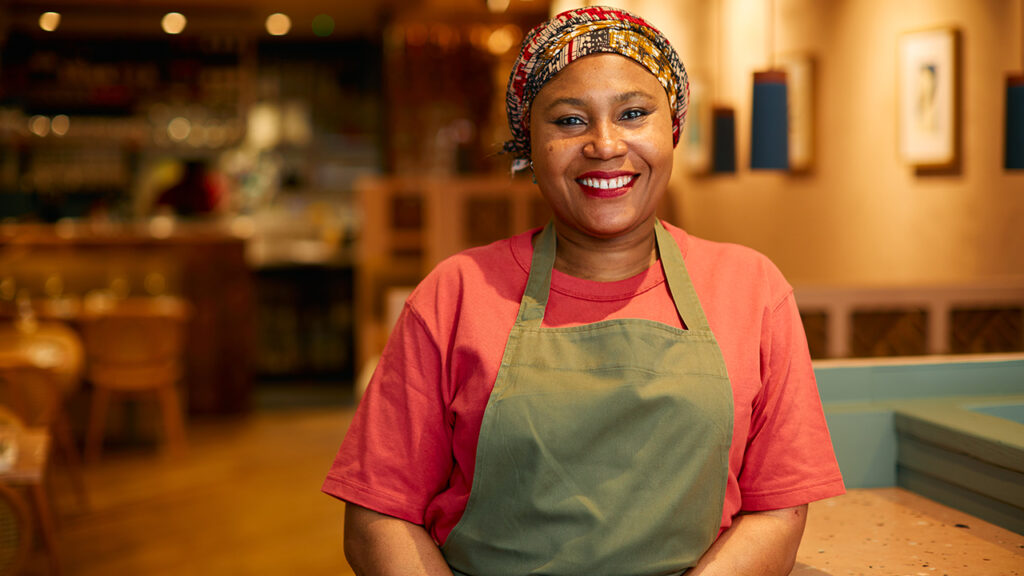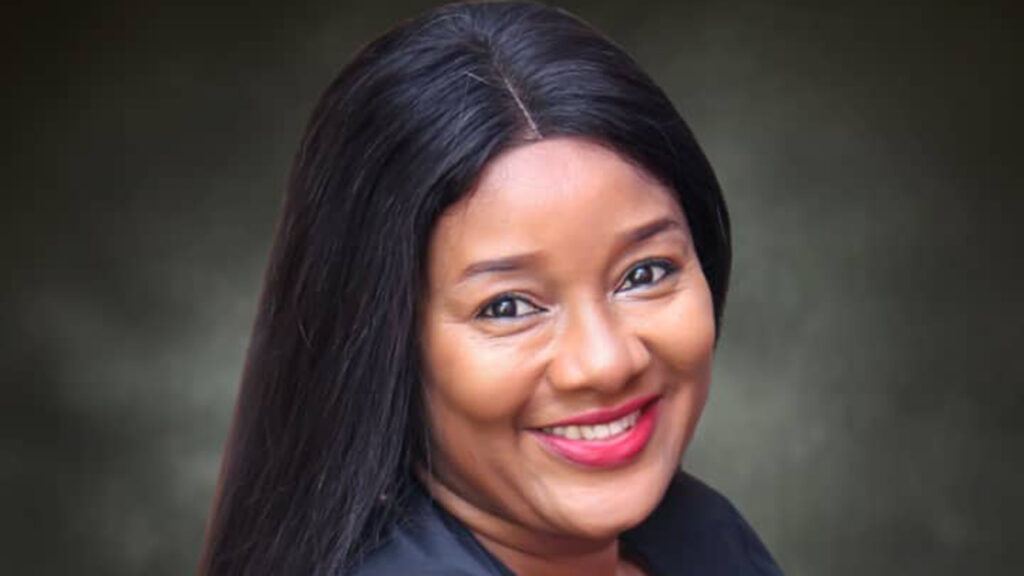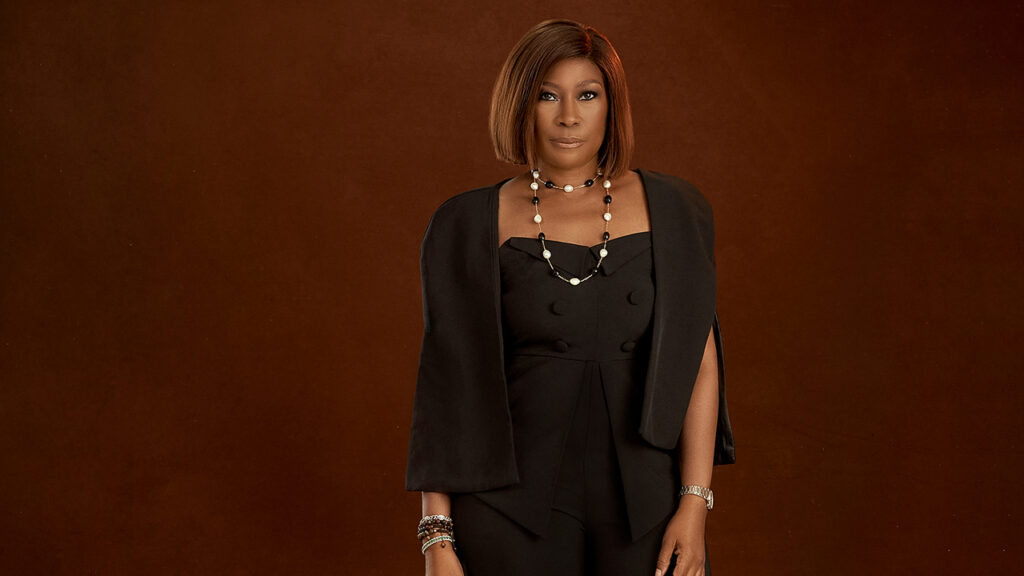
At exactly four weeks from now, The Guardian will host the inaugural Guardian Woman Festival at Federal Palace Hotel, Victoria Island, Lagos, scheduled for March 15 and 16, 2024.
In this week’s inspiring women around the world focused on inclusion is Dr. Omoayena Odunbaku, a human settlement officer with the United Nations Human Settlements Programme, UN-Habitat. She is also the founder of the Her Ability Hub, a mentorship programme for girls and young women. In this interview, Odunbaku speaks about what success means, why women need to be represented in every profession and why giving is the key to happiness. Her memoir OMOH, chronicles her journey from resilient trajectory to helping others succeed.
What kind of things are you working on beyond your role for UN-Habitat?
Many other things also make me happy outside my formal job. I am on the board of HerAbility Hub. I support HerAbility Hub in its quest to empower women to break the glass ceiling and make them realise their emotional worth, emancipating their minds, making them understand that sometimes you have all odds probably against you, but showing you need to be you, never give up and put in more effort. We need an army of women to shatter the glass ceiling.
I’m also on the board of the Gabriel Akomoh Yadua Foundation, a mathematical NGO, which was named after my father, to sponsor mathematical prodigies to free after-school education in a very low-income area where I grew up. The kids that have come out of that programme have made me so proud. All these things complement my work at the global stage.
How important is inclusivity for you in your line of work?
Gender inclusivity is absolutely important. And I’m not riding on the global clamour; I’m coming in from the perspective of understanding and experiencing it first-hand. This is about bringing in other perspectives, and not to point fingers, but we have seen professionals in the built environment sector design buildings and cities without consideration for the females. It’s not just about my field, but generally, we need women represented in every field because our social, economic and cultural biases are different. We need female professionals in every profession.
How would you define success?
Impact and knowledge are one, and happiness is another way. Happiness doesn’t come with only acquiring; it comes with a level of giving. Success is very contextual, it’s relative. Success is making the best out of your situation. Success is about impact and knowledge, it’s about building the next generation, it’s about selflessness, it’s about giving what you can. Happiness is not about looking at the surface of the problem; it’s about the nitty-gritty of the problem. It’s about charity, not just giving money and fundraising, but giving yourself, your resources, your passion, and that gives me much more happiness than ever before.
Is there a mantra that you live by?
When I was younger, around 18 years old, I used to have the mantra ‘life goes on’. When I had a professional career and wanted to learn more about the nexus between economic activities and urban planning, I enrolled in an undergraduate degree in Economics, London School of Economics, and then my mantra was ‘focus, focus, focus’. I printed the word focus and pasted it on the board in my study to constantly remind me of the tasks at hand and ahead.


